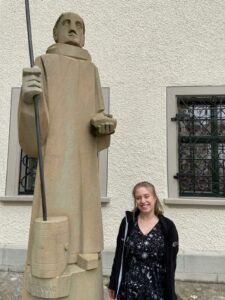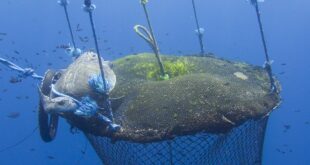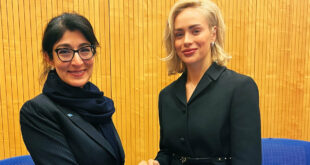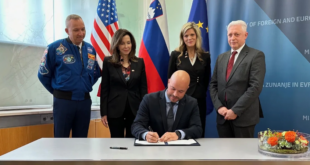The first lecture sent us off into the coffee break with an imagination exercise – with unlimited access, what would we do or build in space to have a positive environmental impact. After a divide between unbridled imagination (I count myself to this optimistic group) and feasibility-focussed approach some interesting ideas were forged. These ideas ranged from sending water into space, to using a giant vacuum cleaner for space debris in order to collect it and melt it down for reuse, to in-orbit production, to an ISS museum all the way to a hospital in space! 
This led us to a discussion about trends and developments in space concerning environmental impact including launchers, small satellites and constellations, downstream applications, astronomy, governance, space resources, military use, and space aiding in combating the climate crisis. Before the door opened for the lunch break, the discussion was opened to the following question: Can solar based power solve our energy problem in a sustainable way?
Now, what do you think?
Answers ranged from questions of feasibility, difficulties of scaling up, and immense costs on one hand to harnessing free, existing, unlimited energy flows, the quintessential aspect of sustainability on the other.
Throughout the beginning of this week it has been wonderful to see the group of participants warming up to one another, speaking up, sharing ideas and experiences. Amongst the 11 participants there is a multitude of skills, knowledge, and experience that allows for debates to take off (pun intended!).
The question of space tourism has been a polarizing topic over the past 3 days. Although it has the potential to trigger technological development, it is dependent on the story we tell. The risks space tourism can bring about is that the market size is unclear, there are numerous catastrophic failures, and the bad reputation it has brought about so far is detrimental to the perception of space.
The final presentation of the day gave insight to space for health. I was amazed to learn about the benefits that research and development in space have for the field of human health. Considering aspects of in vitro tissue engineering alone, this already allows for research in regenerative medicine and transplantation, and can be a substitute for animal testing.
We ended the day discussing our personal impact projects – it is wonderful to see so many diverse ideas and I look forward to seeing how they will develop over the course of the next modules. Tomorrow we will dive into the further development of our ideas – creating business models!
A key takeaway for today was the message to think outside the box, to allow for creative ideas that may seem “too big” at first. Professor Oliver Ullrich left us with the wise words – “Please ignore the ignorant people”.
Stay tuned for more!
Yours,
Chiara





